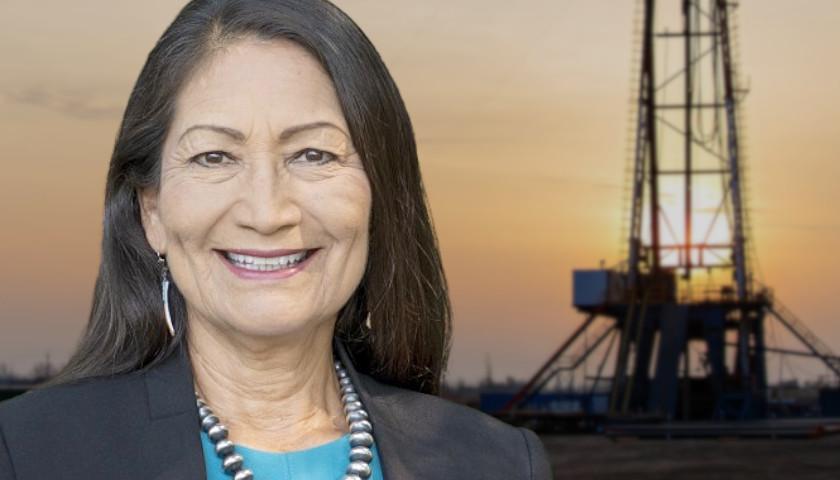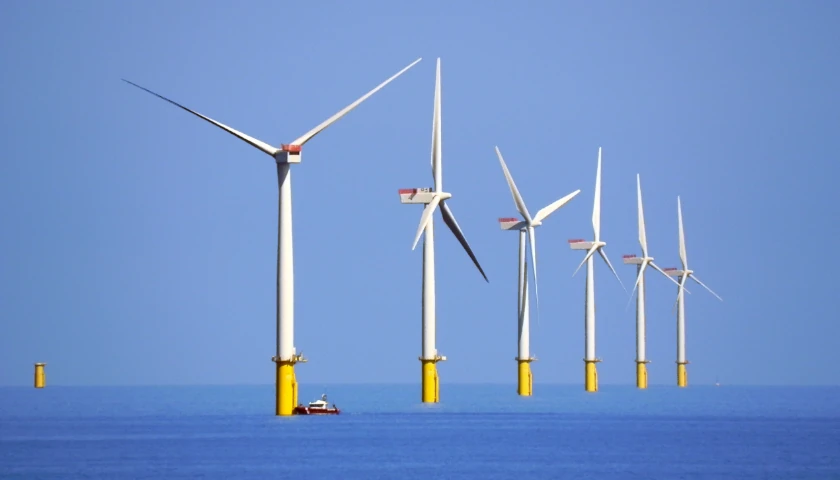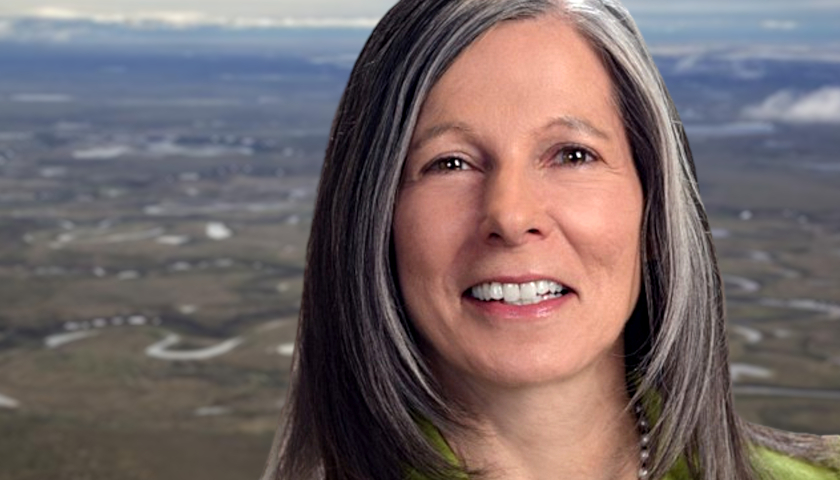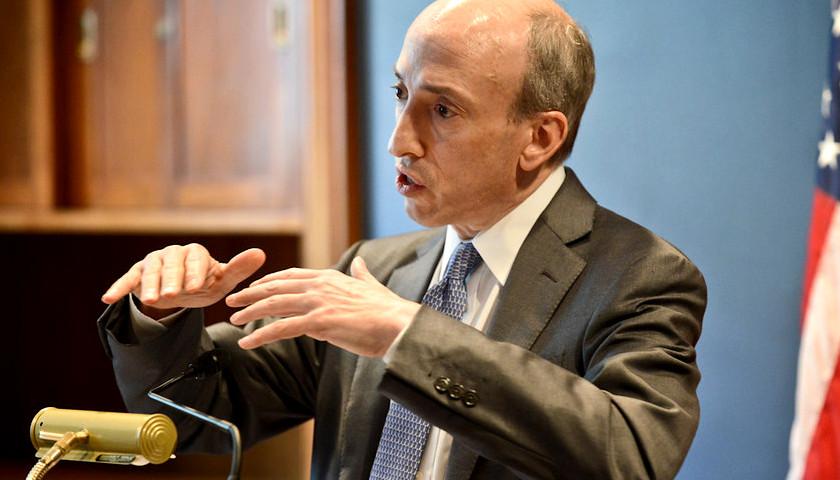by Bethany Blankley
Several groups have sued over a new Bureau of Land Management leasing rule they argue will harm indigenous communities and put small businesses out of business.
Western Energy Alliance, the Independent Petroleum Association of New Mexico, New Mexico Oil and Gas Association, North Dakota Petroleum Council, Petroleum Association of Wyoming, and Utah Petroleum Association sued Secretary of the Interior Deb Haaland and the BLM in the U.S. District Court for the District of Wyoming.
The lawsuit challenges a newly proposed BLM Fluid Mineral Leases and Leasing Process rule, which it says is its “first comprehensive update to the Federal onshore oil and gas leasing framework since 1988.”
BLM claims the rule “modernizes the BLM’s oil and gas leasing program, ensuring a balanced approach to public lands management, and secures a fair return for American taxpayers, updating outdated fiscal terms and codifying new provisions from the Inflation Reduction Act and Bipartisan Infrastructure Law.”
The rule increases royalty rates, minimum rental rates, minimum lease bids, establishes a new fee on expressions of interest, eliminates non-competitive leasing of federal lands for oil and gas, and revises the onshore program’s cost recovery mechanisms.
It also increases the minimum lease bond amount and other bond amounts, which it says has not been done since 1960. BLM argues the existing bonds “do not provide an adequate incentive for companies to meet their reclamation obligations, or cover the actual costs of cleanup in the event an operator goes out of business or otherwise fails to complete required plugging and reclamation – costs that taxpayers end up covering.”
The rule prioritizes which federal land will be leased to “focus agency resources” and “better manage public lands.” It also limits the use of lease suspensions and drilling permit extensions and expands oversight of lease transfers.
Those suing argue the rule is designed to further deter development of federal oil and gas, effectively closes eligible and available lands to new leasing, is “deficient, arbitrary and capricious, and contrary to law.” They asked the court to invalidate and vacate the rule, prohibiting it from going into effect.
Kathleen Sgamma, president of Western Energy Alliance, which represents independent oil and natural gas companies in several western states, said the rule “prices small producers out of the market and off public lands,” which could effectively put them out of business. It also delivers on a promise made by President Joe Biden to eliminate oil and natural gas development on federal lands that she argues will have “a detrimental economic impact in states across the West.”
She addressed one aspect of the rule increasing bond amounts, explaining that the increases are “excessive when there are just 37 orphan wells out of more than 90,000 wells on federal lands.”
“Increasing bonding amounts 20-fold in order to take care of a problem on just .04% of wells is way out of proportion,” she said. “Companies are already responsible for reclaiming wells, and one of the primary reasons there are so few orphan wells on federal lands is because our members clean up old wells even when they weren’t the party that abandoned them in the first place.”
Executive director of the Independent Petroleum Association of New Mexico Jim Winchester said that BLM was created to provide oversight “to promote fair and equal public land use,” which the rule violates. New Mexico Oil and Gas Association president Missi Currier agrees, adding that the rule “is an overreach that could impact U.S. energy security, the economy, and the full potential of the lands’ multi-use possibilities.”
Winchester also raised concerns about Haaland failing “to consider the negative economic ramifications of this overreaching rule to those already in poverty in her home state” of New Mexico.
Members of New Mexico’s Navaho Nation for years have opposed Haaland’s efforts in Chaco Canyon, arguing they will make already poor residents destitute. They are not alone. Alaska’s indigenous communities argue similar efforts she implemented in the North Slope will destroy their livelihoods, The Center Square reported. Both New Mexicans and Alaskans have argued the Biden administration has implemented federal rule changes without consulting their tribal leaders and the actions being taken will further cause harm to residents who already don’t have electricity or running water.
Pete Obermueller, president of the Petroleum Association of Wyoming, said the rule will devastate small businesses. Roughly 80% of Wyoming operators are small businesses; combined, they produce one-third of Wyoming’s oil.
“Rules like this one will fall hard on the smallest of Wyoming’s operators, making it economically impossible for many of them to continue to produce,” he said. He hopes the court will rule to protect “Wyoming’s small operators from the heavy hand of an administration intent on forcing them to close their doors.”
Rikki Hrenko-Browning, president of the Utah Petroleum Association, said the rule is punitive, unnecessary and overreaching” and will have “outsized negative consequences” on Utah, which has “abundant federal land.” She also argues Utah doesn’t need the federal government expanding more regulations when Utah “serves as a shining example of how natural resource development can and does coexist harmoniously with other uses like recreation and conservation.”
– – –
Bethany Blankley is a contributor to The Center Square.





